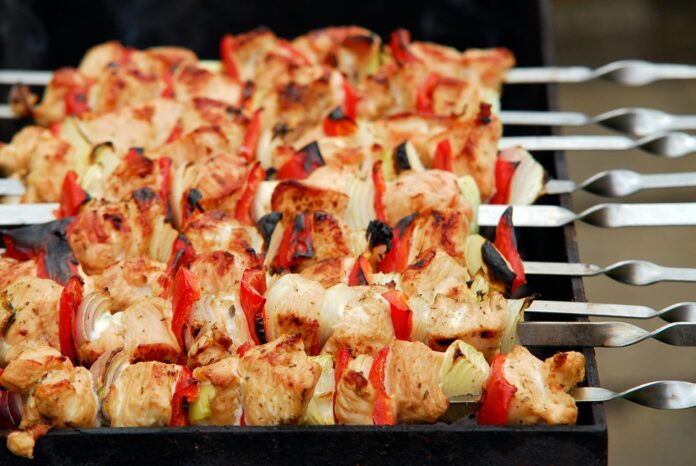Introduction
Animal welfare regulations and certifications play a crucial role in the turkey production industry. As consumers become more conscious of where their food comes from and how animals are treated, companies in the turkey production sector are under increasing pressure to adhere to strict welfare standards. In this report, we will explore the various regulations and certifications that govern turkey production, the financial implications for companies, and industry insights into the importance of animal welfare.
Animal Welfare Regulations in Turkey Production
Government Regulations
In the United States, the Animal Welfare Act is the primary federal law that regulates the treatment of animals in research, exhibition, transport, and by dealers. However, turkey production is largely exempt from this law as it is considered a farm animal. Instead, the U.S. Department of Agriculture (USDA) oversees the welfare of turkeys through its Food Safety and Inspection Service (FSIS) which ensures that turkeys are handled humanely during transportation and slaughter.
Industry Standards
In addition to government regulations, the turkey production industry has its own set of standards and guidelines for animal welfare. The National Turkey Federation (NTF) has developed the “Turkey Care Standards” which provide guidelines for the care and handling of turkeys throughout their life cycle. These standards cover areas such as housing, nutrition, health, and transportation to ensure the well-being of the birds.
Certifications for Turkey Production
USDA Organic Certification
One of the most well-known certifications for turkey production is the USDA Organic certification. To obtain this certification, turkey producers must adhere to strict guidelines regarding the use of pesticides, antibiotics, and genetically modified organisms (GMOs). In addition, turkeys must have access to the outdoors and be raised in a manner that promotes their natural behaviors.
Global Animal Partnership (GAP) Certification
The Global Animal Partnership (GAP) certification is another important certification for turkey producers. GAP has developed a tiered system that rates animal welfare practices on a scale from 1 to 5. Producers that achieve higher ratings demonstrate a commitment to providing better living conditions for their turkeys, such as access to natural light, more space to move around, and the ability to engage in natural behaviors.
Financial Implications for Turkey Producers
Adhering to animal welfare regulations and obtaining certifications can have financial implications for turkey producers. While implementing welfare standards may require upfront investments in infrastructure and training, companies that prioritize animal welfare can benefit from increased consumer trust and loyalty. According to a report by the Food Marketing Institute, 54% of consumers are willing to pay more for products that are produced ethically and sustainably.
Industry Insights
Consumer Demand for Ethical Products
Consumer demand for ethically produced turkey products is on the rise. According to a survey by the American Humane Association, 91% of consumers believe that farm animals raised for food should be treated humanely. Companies that fail to meet these expectations risk losing customers to competitors who prioritize animal welfare in their production practices.
Competitive Advantage
Companies that invest in animal welfare certifications can gain a competitive advantage in the market. By differentiating themselves as ethical and responsible producers, these companies can attract a growing segment of consumers who are willing to pay a premium for products that align with their values. This can lead to increased sales and brand loyalty in the long run.
Overall, animal welfare regulations and certifications are essential for ensuring the humane treatment of turkeys in the production industry. Companies that prioritize animal welfare not only meet consumer expectations but also stand to benefit financially from increased consumer trust and loyalty. By adhering to industry standards and obtaining certifications, turkey producers can differentiate themselves in the market and gain a competitive advantage in an increasingly conscious consumer landscape.




